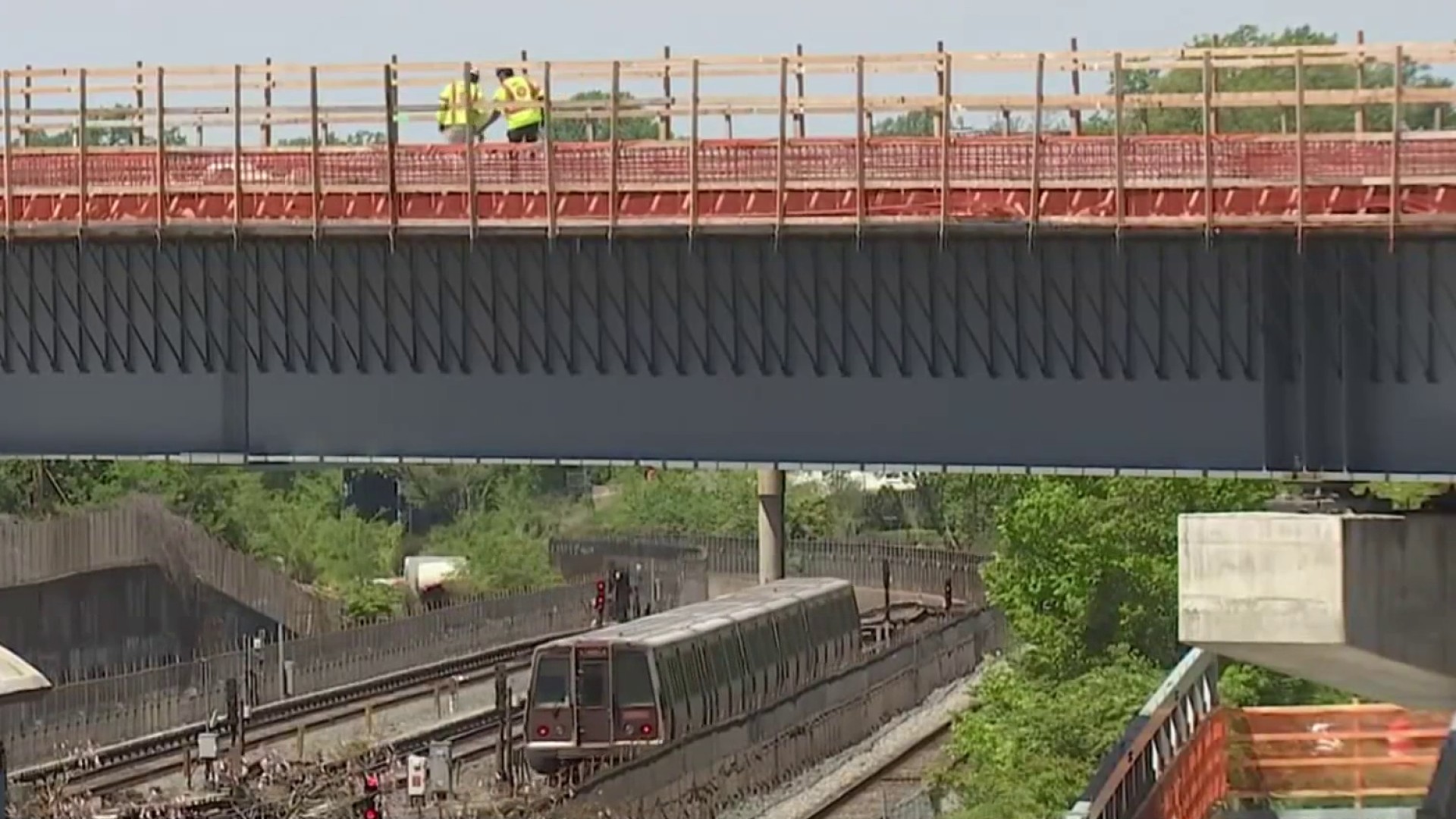Scrubbing down tables and grocery checkout aisles, using digital menus and disinfecting doorknobs are largely unnecessary in preventing the spread of COVID-19. But many restaurants and businesses continue to do what some call "hygiene theater."
The Centers for Disease Control and Prevention updated its guidance in April and said the risk of catching the virus from a contaminated surface was extremely low at 0.01%.
But many companies are still investing time and money into deep cleaning to help people feel safe - even though the practice does little to slow the spread of COVID-19.
"Our knowledge has evolved and I think people are slow to change, and they still like seeing that there's something there that … that an establishment is doing something to help reduce the risk of transmission," Dr. Linsey Marr, a professor and researcher at Virginia Tech, told News4.
We're making it easier for you to find stories that matter with our new newsletter — The 4Front. Sign up here and get news that is important for you to your inbox.
In restaurants, it's not uncommon to see drink stations closed off and digital menus.
"There's a lot of reasons for a digital menu, but I don't think it's critical for making people safe in a restaurant," Dr. David Edwards, an aerosol science expert and a professor at Harvard, said. "I'm not worried about holding a menu."
Local
Washington, D.C., Maryland and Virginia local news, events and information
Edwards said such practices are largely symbolic and not necessarily harmful, but there is a downside: potentially giving people a false sense of security.
"I think a critical eye that consumers need to have today is toward data, and it's a lot to ask of consumers," he said.
When it comes to the science, face masks and good hand hygiene are proven effective in preventing the spread of the virus.
"But really, it's the more invisible things, improving ventilation that make a bigger difference," Marr said. "Smelling good food is great, but if you can smell it, that means that those smells are building up in the air and the viruses could be building up in the air."
Doctors continue to stress that being outdoors is safer than indoors when it comes to slowing the spread of COVID-19 among those who are unvaccinated. They encourage people to continue washing their hands and avoid touching their face after they’ve been in public.
Deep cleans are certainly beneficial in hospitals, but experts say it’s not essential for most places. Soap and water are just fine at disinfecting surfaces.



